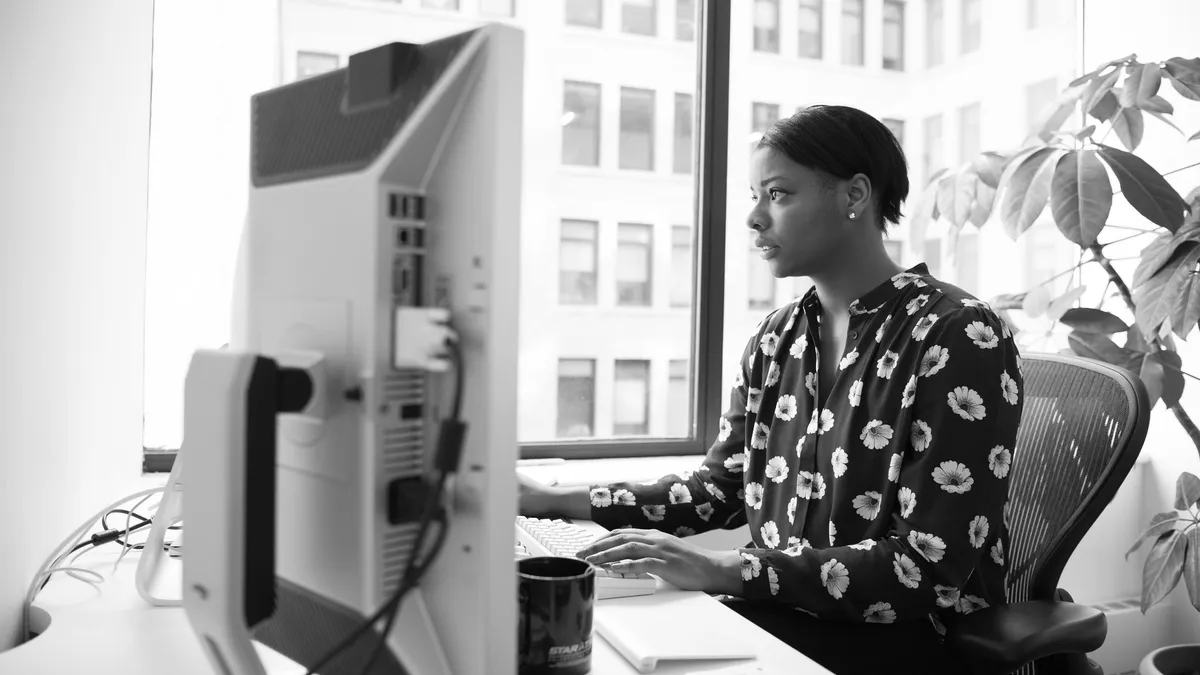Dive Brief:
- The CHRO position will be a vital source for future CEO sourcing, according to Hanold Associates CEO Jason Hanold.
- As employers increasingly realize the correlation between talent and company performance, they're demanding high-caliber business leaders for HR roles, according to the recruiting firm.
- CHROs — which, at the Fortune 100 companies, are mostly women — now drive innovation and have a strong understanding of the business, Hanold said; "This broader business acumen, paired with strong leadership capabilities and [high emotional intelligence], shapes the ideal profile for today’s CHRO. This profile forges a model for future CEO candidates."
Dive Insight:
HR roles have been in flux for ages but one thing is clear: They're becoming increasingly strategic.
That's largely good news for HR pros. They're fighting for a seat at the table less often and being the squeaky wheel less often. And instead, CEOs are increasingly seeking HR's input. Business leaders say talent worries keep them up at night and, as Hanold Associates noted, they know there's a real correlation with the bottom line. This puts CHROs in a place to serve as a strategy partner and, if Hanold is correct, in line for a CEO position.
But this shift has some pitfalls, too. For years, experts hailed outsourcing and automation as solutions HR could use to find time for strategic thinking. Payroll, benefits administration and leave management were all shipped off to third-part administrators. But it came at a price: a fractured employee and candidate experience, according to research from Mercer released earlier this month. To remedy this, the HR department of the future will have to find a way to do both — "taking on greater responsibility than ever before, while essentially returning to its original purpose, which is to serve the company's people and organize the workforce according to what the company needs to succeed," the Mercer report said.
It may be a tall order, but CHROs can get there by thinking like a CEO or CFO, experts recently told HR Dive. "You have to be willing to put stuff down and let it break," Cheryl Roubian, VP, people at Greenhouse Software said. "Something will fail or be on fire for a while so that you can learn how to prevent future fires."













